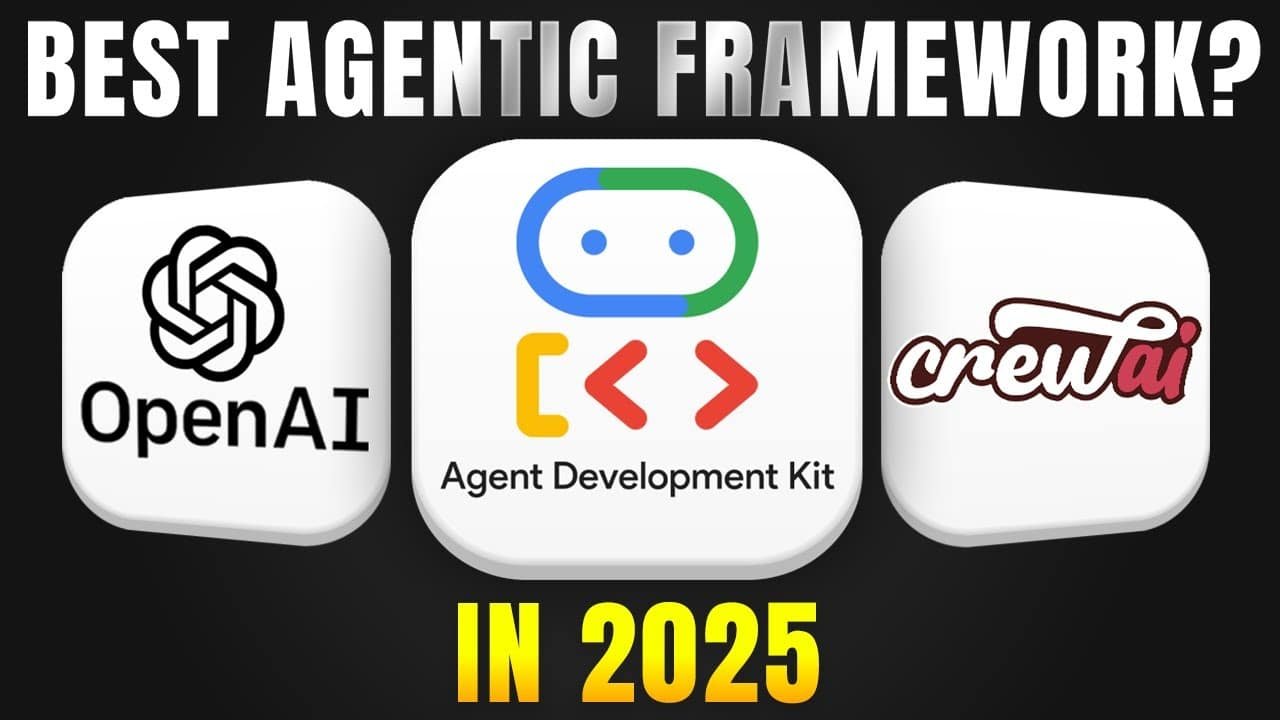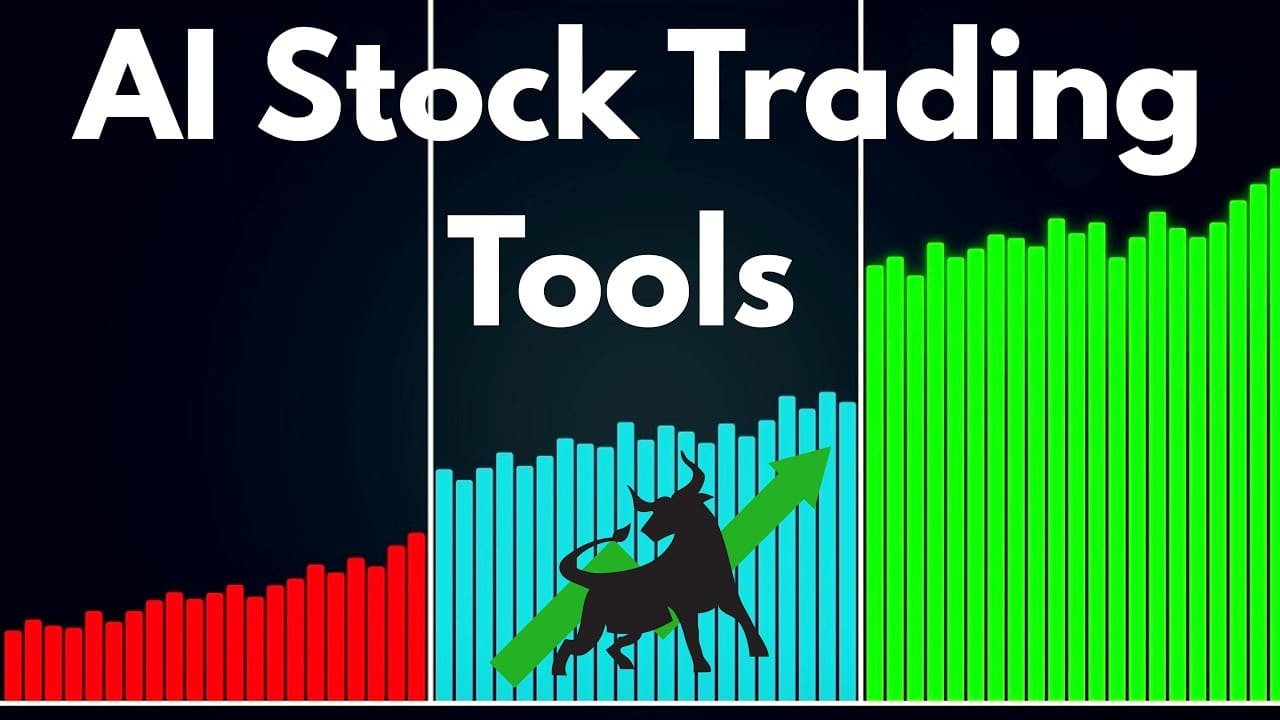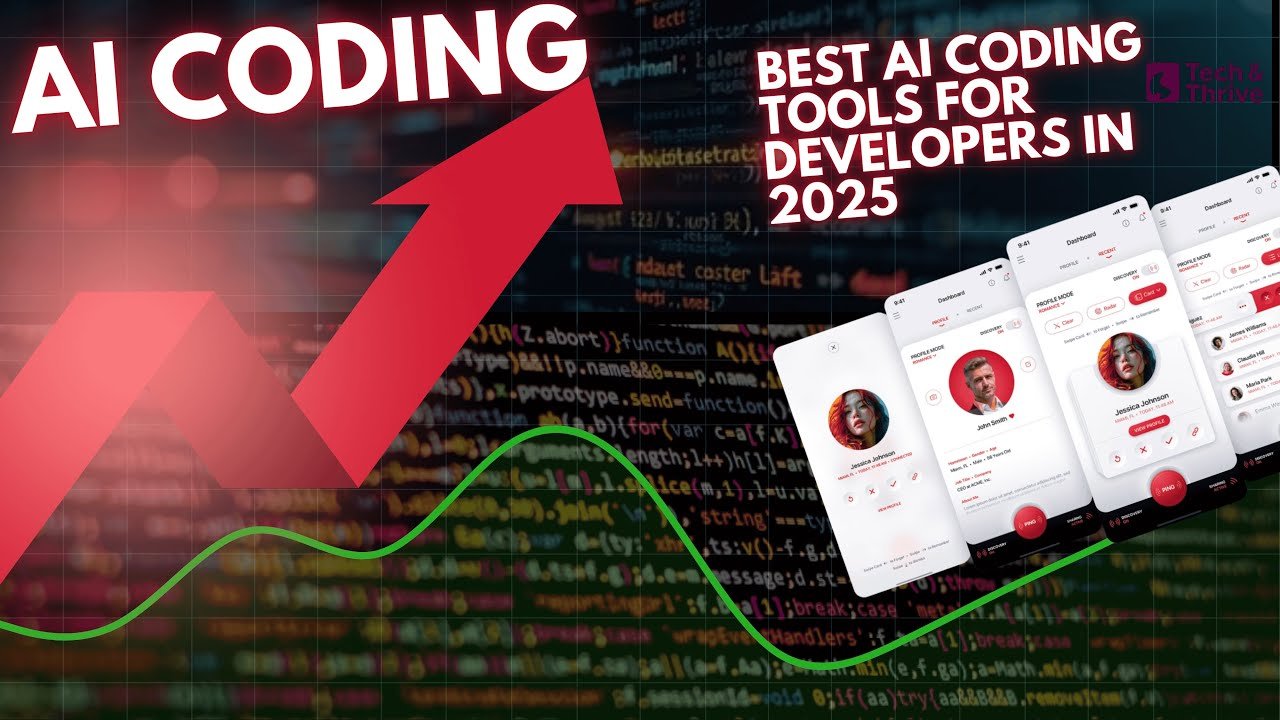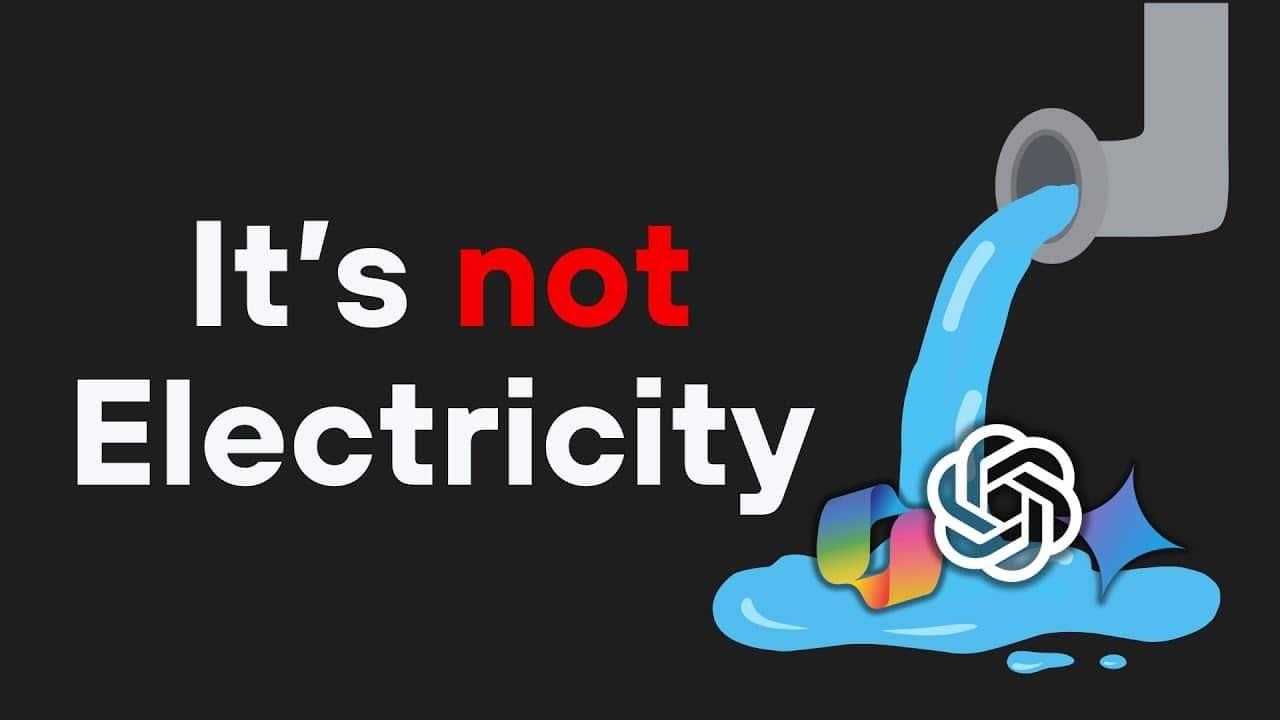Best 10 AI SEO Tools for 2025: Reviews & Buying Guide
Introduction: Elevate Your SEO Strategy with AI-Powered Tools
SEO is a never-ending battle. Just when you think you’ve cracked Google’s algorithm, something changes. Ranking high takes time, effort, and constant updates—but what if AI could do most of the heavy lifting for you?
That’s exactly what AI-powered SEO tools do. They help you find the best keywords, optimize content, analyze backlinks, and even predict ranking trends—all in a fraction of the time it would take manually. If you’re serious about SEO, using AI isn’t just an option anymore—it’s a necessity.
But here’s the thing: not all AI SEO tools are created equal. Some are powerful and will skyrocket your rankings, while others are just hyped-up gimmicks. That’s why I put together this guide—to help you cut through the noise and find the best AI SEO tools for 2025 that are actually worth your time and money.
Whether you’re a blogger, a business owner, or a digital marketer, this list will help you choose the right tools to boost your rankings, drive traffic, and stay ahead of your competition.
Ready to take your SEO to the next level? Let’s dive in!
Why AI SEO Tools Are Essential in 2025
Ranking on Google is tougher than ever. Every day, millions of new pages are published, and search algorithms are evolving rapidly. What worked last year might not work today, and keeping up with these changes manually is overwhelming.
That’s where AI SEO tools come in. They don’t just make SEO easier—they make it smarter and faster. Here’s why these tools are no longer optional in 2025 but a must-have if you want to outperform competitors and rank higher on Google.
1. AI Saves You Time & Effort
SEO is time-consuming. From keyword research and content optimization to technical audits, traditional methods require hours of manual work. AI automates these tasks in minutes, giving you instant data-driven insights so you can focus on growth instead of grunt work.
For example, Surfer SEO (visit here) uses AI to analyze ranking factors, while Alli AI (learn more) automates on-page optimizations.
2. Smarter Keyword Research & Search Intent Analysis
Finding the right keywords is more than just search volume and competition. AI tools analyze user intent, helping you target keywords that actually convert instead of just driving empty traffic.
Semrush (explore Semrush) and Ahrefs (check Ahrefs) use AI to suggest topic clusters, LSI keywords, and content gaps—all based on real-time search trends.
Frase (see how it works) helps you optimize content for search intent, ensuring higher rankings.
3. AI-Generated SEO Content That Ranks
Google rewards quality content, but writing manually takes time. AI-powered content generators like:
Jasper AI (start with Jasper)
Scalenut (explore Scalenut)
help create SEO-optimized articles, product descriptions, and meta tags in minutes. With AI, you can scale content production without sacrificing quality.
4. Advanced Technical SEO & Backlink Analysis
AI SEO tools automate site audits, detecting issues like broken links, slow load speeds, and duplicate content—things that hurt rankings.
Screaming Frog (get it here) crawls your site to identify SEO issues.
Diib (see how Diib helps) offers AI-powered SEO insights, helping you fix technical SEO issues quickly.
AI also helps analyze backlink profiles, finding high-authority sites to improve your domain authority. Link Whisper (explore here) even suggests internal linking opportunities automatically.
5. Predicting Google Algorithm Changes
AI doesn’t just react—it predicts.
MarketMuse (see MarketMuse) helps stay ahead of Google’s algorithm updates.
Diib’s AI system tracks SEO trends and alerts you about ranking fluctuations.
Bottom Line: AI Is Your SEO Superpower 🚀
If you’re still relying on manual SEO, you’re already falling behind. AI-powered SEO tools don’t just save time—they give you a competitive edge, helping you rank higher, attract more traffic, and drive real business results.
Are you ready to dominate Google rankings with AI? Let’s explore the best AI SEO tools next! 👇
Key Features to Look for in AI SEO Tools
Choosing the right AI-powered SEO tool can make or break your Google rankings in 2025. But with so many options, how do you know which one is worth your time and investment? The key is to look for features that actually drive results—not just flashy AI claims. Here’s what to prioritize:
1. AI-Powered Keyword Research
Traditional keyword research takes hours of manual work, but AI-driven tools can analyze search trends, competition levels, and user intent in seconds. The best tools don’t just spit out keywords—they suggest low-competition, high-traffic opportunities that match searcher intent.
🔹 Look for tools that offer real-time keyword analysis, competitor insights, and long-tail keyword suggestions.
2. Advanced Content Optimization
Even the best keywords won’t help if your content isn’t optimized. AI SEO tools can analyze top-ranking pages and suggest improvements for:
✔ Title tags & meta descriptions
✔ Heading structure (H1, H2, H3, etc.)
✔ Readability & engagement scores
✔ Natural keyword placement
🔹 Some tools even provide automated content briefs, making it easier to create SEO-friendly, high-quality articles without guesswork.
3. SERP Analysis & Competitor Tracking
Understanding why competitors rank higher is crucial. AI SEO platforms can track SERP movements, showing you what’s working and what’s not. Features to look for:
✔ Competitor keyword tracking
✔ Featured snippet & “People Also Ask” analysis
✔ Real-time ranking updates
🔹 Tools like SEMrush and Ahrefs provide in-depth competitor data to refine your strategy.
4. On-Page SEO Recommendations
Google prioritizes well-structured, user-friendly pages. AI can suggest:
✔ Internal linking strategies to boost site authority
✔ Image SEO optimizations (alt text, compression)
✔ Schema markup suggestions for rich snippets
🔹 AI-driven audits can fix technical SEO issues before they hurt rankings.
5. Backlink Insights & Link Building Automation
Backlinks remain a major ranking factor. AI tools help:
✔ Identify toxic backlinks hurting your SEO
✔ Find high-authority sites for outreach
✔ Suggest link-building opportunities based on competitors
🔹 Tools like Moz and Majestic offer AI-powered backlink analysis.
6. SEO Automation & AI Assistants
If you’re serious about scaling SEO, automation is a must. The best AI SEO tools:
✔ Automate rank tracking & audits
✔ Generate SEO reports & insights
✔ Predict ranking fluctuations
🔹 AI-driven automation saves time and keeps your SEO strategy ahead of the curve.
By focusing on these key features, you’ll avoid overhyped tools and invest in AI SEO software that actually boosts your rankings and drives real traffic. 🚀
Top AI SEO Tools for 2025
1. Semrush Copilot
Rating: 4.5/5
Best For: Personalized SEO recommendations, competitor analysis, backlink tracking.
Overview:
Semrush Copilot is an AI-powered SEO assistant designed to provide personalized recommendations based on your content strategy. It integrates seamlessly with Semrush’s extensive database, offering insights into your website’s performance, competitor strategies, and backlink health. The tool helps you improve your rankings with tailored advice and SEO solutions, making it a great choice for businesses looking to refine their SEO efforts.
Features:
Personalized recommendations for content and SEO strategies.
In-depth competitor analysis and backlink tracking.
Content recommendations based on keyword targeting.
Real-time reporting and actionable insights.
Pricing: Starts at $119/month.
Use Case: Perfect for agencies and digital marketers who want to automate SEO recommendations and keep track of their competitors’ strategies.
Pros:
Detailed insights for content and backlink strategies.
Streamlines SEO processes for small and medium-sized businesses.
Easy integration with Semrush tools.
Cons:
Might be overwhelming for beginners due to its depth of features.
2. Clearscope
Rating: 4.7/5
Best For: Content optimization and SEO writing.
Overview:
Clearscope stands out as an AI-powered content optimization tool that helps you write SEO-friendly content. It analyzes top-ranking pages for your target keywords and provides real-time content suggestions to improve your writing’s effectiveness. This is a must-have for content marketers who want to optimize their blog posts and articles with high-performing keywords and semantic variations.
Features:
Provides content analysis for top-ranking pages.
Offers real-time keyword suggestions for SEO optimization.
Improves readability and keyword relevance.
Generates SEO scores based on content quality.
Pricing: Starts at $170/month.
Use Case: Ideal for content writers and marketers focused on creating high-ranking content by analyzing competitor pages and leveraging semantic keywords.
Pros:
Excellent content optimization tool with real-time suggestions.
Improves rankings by using high-performing keywords.
Easy-to-use interface and detailed reports.
Cons:
On the pricier side for smaller businesses or individuals.
3. SurferSEO
Rating: 4.6/5
Best For: On-page SEO content structure.
Overview:
SurferSEO is an AI-driven tool that helps structure your content to improve search rankings. It analyzes the top-performing pages for specific keywords and assigns SEO scores to your content, providing suggestions for improvements. This tool is perfect for marketers who want to optimize their on-page SEO efforts and ensure that their content is in line with Google’s ranking factors.
Features:
Content structure recommendations based on top-ranking pages.
On-page SEO audit and keyword analysis.
SEO scoring to help you optimize your page for higher rankings.
Helps with keyword clustering and related term suggestions.
Pricing: Starts at $59/month.
Use Case: Best for businesses or agencies looking to improve the structure and ranking potential of their content.
Pros:
Great for on-page SEO improvements.
Provides detailed SEO scores and actionable content structure tips.
Affordable compared to other AI tools.
Cons:
Limited functionality for off-page SEO.
4. ChatGPT
Rating: 4.2/5
Best For: Content generation, blog ideas, and meta descriptions.
Overview:
ChatGPT is a general-purpose AI tool that can be incredibly helpful for content creators. Although it isn’t an SEO-specific tool, it can assist in generating SEO-optimized content, blog post ideas, and meta descriptions. It’s perfect for quickly generating large volumes of content and brainstorming ideas, making it a great productivity tool for digital marketers.
Features:
AI-generated blog ideas and article drafts.
Automatically generates SEO-friendly meta descriptions and content.
Helps with content editing and enhancing readability.
Supports SEO content with basic keyword integration.
Pricing: Free, with premium plans available.
Use Case: Ideal for content creators who need help generating ideas and SEO-friendly blog posts.
Pros:
Great for brainstorming and content ideation.
Can quickly generate content for blogs, meta descriptions, and articles.
Cost-effective, with a free version available.
Cons:
Not specifically optimized for SEO like other tools.
Output may require some editing for advanced SEO strategies.
5. Copy.ai
Rating: 4.4/5
Best For: SEO-optimized blog posts, ads, and product descriptions.
Overview:
Copy.ai is an AI content generator focused on creating high-quality, SEO-optimized content. It is perfect for producing blog posts, ads, and product descriptions that engage audiences and improve search rankings. The tool uses AI to suggest keyword variations, helping users generate SEO-friendly content quickly.
Features:
Generates SEO-optimized content for blogs, ads, and product descriptions.
Provides keyword suggestions for SEO purposes.
Content optimization for readability and engagement.
Integrates with popular content management systems.
Pricing: Starts at $49/month.
Use Case: Excellent for businesses or freelancers looking for an easy way to create SEO-optimized content quickly.
Pros:
Fast content generation with SEO considerations.
Affordable pricing.
Easy to use with templates and content ideas.
Cons:
Limited to content generation; lacks in-depth analytics.
6. ContentShake AI
Rating: 4.3/5
Best For: Content research and SEO content creation.
Overview:
ContentShake AI is a content research and creation tool that helps with the ideation process. It integrates with Semrush, allowing users to create SEO-optimized content based on detailed research. Perfect for bloggers and digital marketers looking to craft high-quality, keyword-optimized content quickly.
Features:
Content research tool powered by Semrush.
AI-powered content generation for blogs and articles.
Keyword optimization for SEO.
Integrates with Semrush’s toolset for enhanced research capabilities.
Pricing: Included with Semrush subscription.
Use Case: Best suited for marketers who already use Semrush and want an AI-driven tool for content creation.
Pros:
Integrated with Semrush, making research easier.
Great for content creators looking for detailed SEO insights.
Part of the Semrush subscription, making it cost-effective for Semrush users.
Cons:
Limited standalone functionality outside of Semrush.
7. SEOpital
Rating: 4.1/5
Best For: Bulk content optimization and scaling SEO production.
Overview:
SEOpital automates SEO tasks, focusing on bulk content optimization. It helps with keyword clustering, scaling SEO production, and enhancing content with AI. This tool is great for businesses or agencies that need to manage large volumes of content without sacrificing SEO quality.
Features:
Bulk content optimization for SEO.
Keyword clustering and scaling of SEO content.
Automates many SEO tasks for faster turnaround.
Pricing: Custom pricing.
Use Case: Ideal for agencies and large businesses with high content production needs.
Pros:
Excellent for large-scale SEO automation.
Can handle bulk content optimization tasks.
Powerful keyword clustering.
Cons:
Pricing can be a barrier for smaller businesses.
Lacks some user-friendliness.
8. Ahrefs
Rating: 4.8/5
Best For: Keyword research, backlink analysis, and site audits.
Overview:
Ahrefs is one of the most popular SEO tools out there, and it now integrates AI features to enhance its functionality. It’s well-known for its robust backlink analysis, keyword research, and site audit capabilities. Ahrefs has become indispensable for SEO professionals looking for detailed analytics and AI-driven insights.
Features:
Comprehensive backlink analysis and monitoring.
AI-powered keyword research and analysis.
Site audits and performance tracking.
Content gap analysis and competitor research.
Pricing: Starts at $99/month.
Use Case: Perfect for digital marketers and agencies focused on comprehensive SEO strategies.
Pros:
Powerful SEO analytics and research capabilities.
Detailed insights into backlinks and keyword performance.
User-friendly interface.
Cons:
Can be expensive for individuals or small businesses.
9. Jasper AI
Rating: 4.5/5
Best For: Long-form content creation and SEO optimization.
Overview:
Jasper AI is an AI content writer that helps with creating SEO-optimized long-form content. It uses AI to improve readability and engagement, making it a great tool for bloggers, marketers, and content creators who need high-quality, SEO-friendly articles.
Features:
Long-form content generation with SEO optimization.
Readability improvements and engagement analysis.
Provides AI-driven content suggestions for better performance.
Pricing: Starts at $39/month.
Use Case: Ideal for marketers looking to produce high-quality long-form content optimized for SEO.
Pros:
Excellent for creating detailed, SEO-friendly blog posts and articles.
Easy to use with content improvement suggestions.
Affordable pricing.
Cons:
Lacks some advanced SEO features like competitor analysis.
10. Outranking
Rating: 4.6/5
Best For: SEO content strategy and keyword clustering.
Overview:
Outranking is an AI-powered SEO tool that helps with keyword clustering, SERP analysis, and content strategy development. It is ideal for creating SEO briefs and ensuring that your content is optimized to perform well on search engines.
Features:
SEO content strategy and keyword clustering.
SERP analysis and competitor research.
Generates content briefs and optimization tips.
Pricing: Starts at $49/month.
Use Case: Best for content strategists looking to optimize their keyword strategy and develop SEO content briefs.
Pros:
Comprehensive SEO strategy and keyword clustering.
SERP analysis to keep content competitive.
Great for content marketers and SEO professionals.
Cons:
Some advanced features are available only in higher plans.
Comparison Table
| Tool | Key Features | Pricing | Best For | Rating (Out of 5) |
|---|---|---|---|---|
| Semrush Copilot | Personalized SEO recommendations, content strategy, competitor analysis, backlink tracking | Starts at $119/month | Comprehensive SEO strategy, competitive research | 4.5 |
| Clearscope | Content optimization, AI-driven suggestions, real-time content analysis | Starts at $170/month | SEO content optimization & writing | 4.7 |
| SurferSEO | AI-powered on-page SEO, content structure analysis, SEO scores for top pages | Starts at $59/month | On-page SEO optimization and content planning | 4.6 |
| ChatGPT | AI content generation, blog ideas, meta descriptions | Free, with premium plans | Content creation, idea generation | 4.2 |
| Copy.ai | Content generation for SEO blogs, ads, product descriptions | Starts at $49/month | AI-powered SEO content creation | 4.1 |
| ContentShake AI | Content research and SEO content creation, part of Semrush | Part of Semrush subscription | Bloggers and digital marketers | 4.4 |
| SEOpital | Bulk content optimization, keyword clustering, scaling SEO content production | Custom pricing | Large-scale SEO automation and content scaling | 4.3 |
| Ahrefs | Keyword research, backlink analysis, site audits, AI-powered SEO analytics | Starts at $99/month | In-depth SEO analytics, keyword research | 4.8 |
| Jasper AI | AI content writer for SEO-optimized long-form content, readability improvements | Starts at $39/month | Long-form SEO content writing | 4.5 |
| Outranking | AI SEO strategy, keyword clustering, SERP analysis, content briefs | Starts at $49/month | SEO strategy development, content briefs | 4.4 |
Which Tool to Invest In:
For Comprehensive SEO Strategy and Competitive Research: Semrush Copilot (Rating: 4.5/5) is an excellent choice if you’re looking for a tool that provides detailed SEO insights, content strategy, and competitor analysis. It is best for those wanting a full-suite SEO solution with advanced features.
For Content Optimization: Clearscope (Rating: 4.7/5) stands out if content optimization is your main focus. It provides real-time AI-driven suggestions based on top-ranking content, making it invaluable for SEO content creation.
For In-Depth Keyword Research & Analytics: Ahrefs (Rating: 4.8/5) is ideal if your primary focus is keyword research, backlink analysis, and SEO audits. It’s a proven tool for those looking to get into the depths of SEO analytics and optimize their website for maximum visibility.
For Bulk Content Production & Automation: If you’re handling large-scale content production and need automation, SEOpital (Rating: 4.3/5) is a great tool to consider for keyword clustering and bulk content optimization.
Tools Conclusion:
Best for SEO strategy and research: Semrush Copilot
Best for content optimization: Clearscope
Best for keyword research and backlink analysis: Ahrefs
Best for content generation: Jasper AI or Copy.ai
How to Choose the Right AI SEO Tool for Your Needs
Choosing the right AI SEO tool is essential for maximizing your website’s SEO performance. With a wide range of options available, it’s important to select a tool that fits your specific needs and budget. Here’s a breakdown of how to choose the best AI SEO tool based on different requirements.
For Content-Focused SEO Tools
If your primary goal is to enhance your content’s SEO performance, tools like SurferSEO, Clearscope, and Jasper AI are ideal. These tools are tailored to help you optimize content for search engines by providing keyword suggestions, readability improvements, and content structure analysis.
SurferSEO: Best for on-page SEO, helping you structure your content to align with top-ranking pages.
Clearscope: Excellent for content optimization and ensuring your content matches the standards of high-performing articles.
Jasper AI: Perfect for generating SEO-optimized long-form content that’s both engaging and easy to read.
For All-in-One SEO Platforms
For those looking for an all-in-one SEO solution, Semrush, Ahrefs, and SEOpital offer comprehensive features that cover keyword research, site audits, backlink analysis, and more. These platforms are suitable for businesses or marketers looking for a broader SEO strategy.
Semrush: Offers everything from keyword research to competitive analysis, making it a robust SEO tool.
Ahrefs: Known for its in-depth backlink analysis and keyword research capabilities.
SEOpital: Great for bulk content optimization and large-scale SEO automation.
For SEO Automation
If you’re focused on automating your SEO efforts, ContentShake AI and Copy.ai are excellent choices. These tools can help you scale your content production, manage keywords, and optimize your website for search engines more efficiently.
ContentShake AI: Perfect for content research and automating SEO content creation.
Copy.ai: Useful for generating SEO-friendly blogs, ads, and product descriptions in bulk.
Budget-Friendly Options
If you’re on a budget, you can start with ChatGPT (which is free) for generating content ideas, blog posts, and meta descriptions. Additionally, SurferSEO offers a more affordable plan starting at $59/month, making it a great choice for budget-conscious users looking for on-page optimization.
By understanding your specific SEO goals and budget, you can choose the right AI SEO tool to maximize your website’s performance and stay ahead in the competitive search rankings.
Common Mistakes to Avoid When Using AI SEO Tools
AI SEO tools can boost your rankings, but there are key mistakes to avoid for optimal results.
1. Over-Reliance on AI
AI tools are helpful, but don’t depend on them entirely. They provide insights, but human creativity and expertise are still crucial. Use AI as a guide, not a replacement, for making informed decisions.
2. Ignoring Search Intent
AI may generate content based on keywords, but it might not align with user intent. Always ensure that AI-generated content answers the searcher’s query and fulfills their needs, whether it’s for information, comparison, or purchase.
3. Not Updating Your SEO Strategy
SEO is constantly evolving. Outdated AI strategies can lead to missed opportunities or penalties. Keep your SEO tools updated and adjust your approach based on the latest trends and algorithm changes to stay competitive.
4. Focusing Only on Keywords
AI tools are excellent for keyword analysis, but SEO isn’t just about keywords. Focus on overall content quality, user experience, and mobile optimization to get the full SEO benefit.
5. Forgetting About Link Building
AI may optimize your content, but it won’t help with link building. High-quality backlinks are still essential for ranking. Combine AI optimization with a solid link-building strategy to improve authority and visibility.
6. Not Monitoring AI Performance
Just using AI tools isn’t enough. You need to track and assess the performance of the content and strategies implemented. Regular analysis will ensure that the AI is driving results and that adjustments are made as needed.
By being mindful of these mistakes, you’ll make better use of AI tools to enhance your SEO and long-term success.
The Future of AI in SEO
AI is set to dramatically reshape SEO in the coming years. Here are key trends to watch for:
1. Enhanced Content Personalization & Search Intent
AI will improve at understanding user preferences and search intent. It will create highly personalized content that aligns with specific user needs, going beyond simple keyword targeting. This means content will be more relevant and engaging, improving both user experience and SEO performance.
2. Google’s AI Updates
Google’s AI-driven updates, like the Search Generative Experience, will focus more on delivering contextually relevant results. These updates will shift SEO away from keyword-heavy content to high-quality, contextually rich content that directly answers user queries. SEO strategies will need to adapt to these changes to stay competitive.
3. Growth of Voice Search Optimization
Voice search is growing rapidly, and AI will be key in optimizing content for voice queries. As voice searches tend to be more conversational, AI will help websites optimize for long-tail keywords and natural language, making it crucial for SEO strategies to incorporate voice-friendly content.
4. AI in Predictive Analytics
AI will also advance in predictive analytics, offering insights into which content topics or keywords are likely to trend. This will allow marketers to proactively create content that aligns with emerging trends, giving them a competitive edge.
5. AI-Powered Automation for SEO Tasks
AI will further automate time-consuming SEO tasks like content creation, keyword research, and link building. This will allow marketers to focus on high-level strategies while AI handles routine tasks, improving efficiency and scalability.
The future of SEO will be heavily driven by AI, making it essential to stay updated with these advancements to maintain strong rankings and relevance.
Frequently Asked Questions (FAQ) About AI SEO Tools
1. What is the best AI SEO tool for beginners?
Answer: SurferSEO and Clearscope are excellent choices for beginners. Both tools offer intuitive interfaces and user-friendly features that make it easy to optimize content for SEO.
2. Can AI replace human SEO experts?
Answer: No, AI cannot completely replace human SEO experts. AI tools can assist with tasks like keyword research and content creation, but human expertise is still needed for strategy, decision-making, and fine-tuning to achieve optimal results.
3. Which AI tool is best for keyword research?
Answer: Semrush and Ahrefs are top choices for keyword research. These tools provide in-depth data on keywords, competitor analysis, and SEO performance to help you find high-potential keywords for your content.
4. Is AI-generated content SEO-friendly?
Answer: Yes, AI-generated content can be SEO-friendly if it is properly optimized and edited by humans. It’s important to ensure the content matches user intent, is well-structured, and includes relevant keywords without overstuffing.
5. Are free AI SEO tools available?
Answer: Yes, there are several free AI SEO tools available, such as ChatGPT (free version), Google Bard, and Ubersuggest. While these tools offer limited functionality, they can still be helpful for basic SEO tasks and content generation.
6. How do AI SEO tools help improve my SEO strategy?
Answer: AI SEO tools help automate time-consuming tasks such as keyword research, content optimization, and performance analysis. They provide actionable insights to improve your website’s rankings and help create content that resonates with your target audience.
7. Are AI SEO tools suitable for small businesses?
Answer: Yes, many AI SEO tools, such as Ubersuggest or the free version of ChatGPT, are budget-friendly and offer great functionality for small businesses. As businesses grow, they can explore more advanced tools like Semrush or SurferSEO.
8. How do I choose the right AI SEO tool?
Answer: When selecting an AI SEO tool, consider factors like your budget, specific SEO needs (keyword research, content optimization, etc.), ease of use, and any additional features you may require (like link-building or competitor analysis). Starting with a free trial can help you determine the best fit for your business.
9. Can I use AI SEO tools for voice search optimization?
Answer: Yes, some AI SEO tools are designed to help optimize content for voice search by analyzing conversational language and long-tail queries. Tools like SurferSEO can assist in creating content that is more suitable for voice searches, which often include questions and natural phrasing.
10. What are the benefits of using AI SEO tools?
Answer: The main benefits of using AI SEO tools include saving time, improving content quality, automating repetitive tasks, and gaining valuable insights into keyword performance and competitor strategies. These tools can help improve rankings, enhance user engagement, and drive more organic traffic to your website.
Interested in reading more content ??
Learn how to start and grow a successful AI agency in 2025. Explore essential tools and strategies to scale your AI-driven business. For more insights, check out our guide on AI-powered SEO tools and how AI can enhance digital marketing.
Conclusion
AI SEO tools can significantly improve your SEO by automating tasks like keyword research and content optimization. Choose a tool based on your needs and budget, with options like SurferSEO and Clearscope for beginners, and Semrush or Ahrefs for more advanced features. Start with free trials to find the best fit. While AI tools are powerful, human expertise is still key to achieving the best results.










